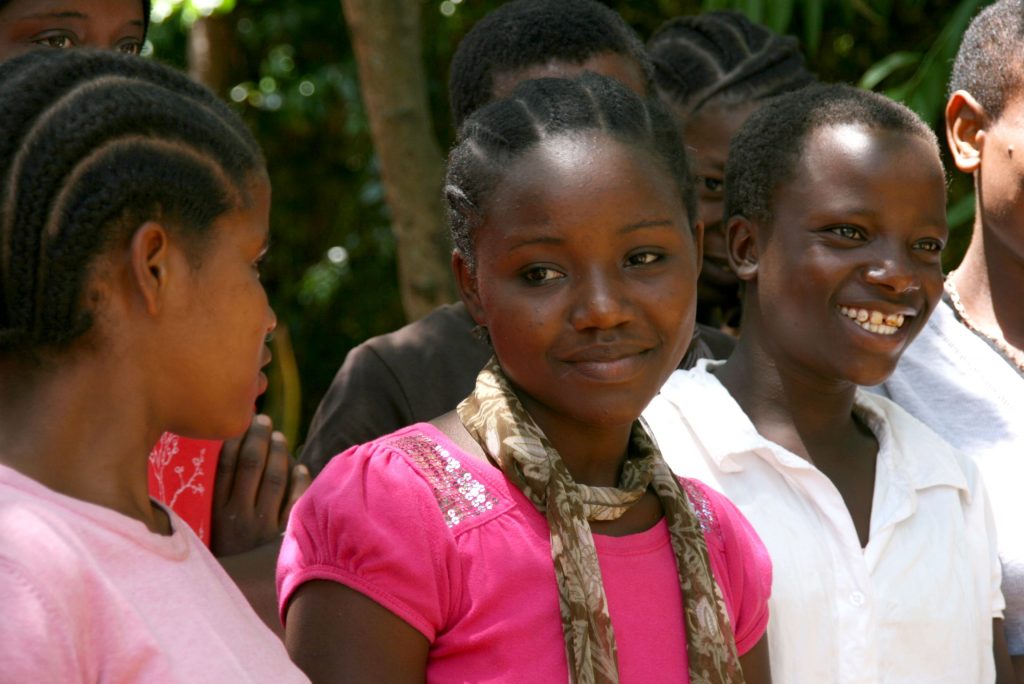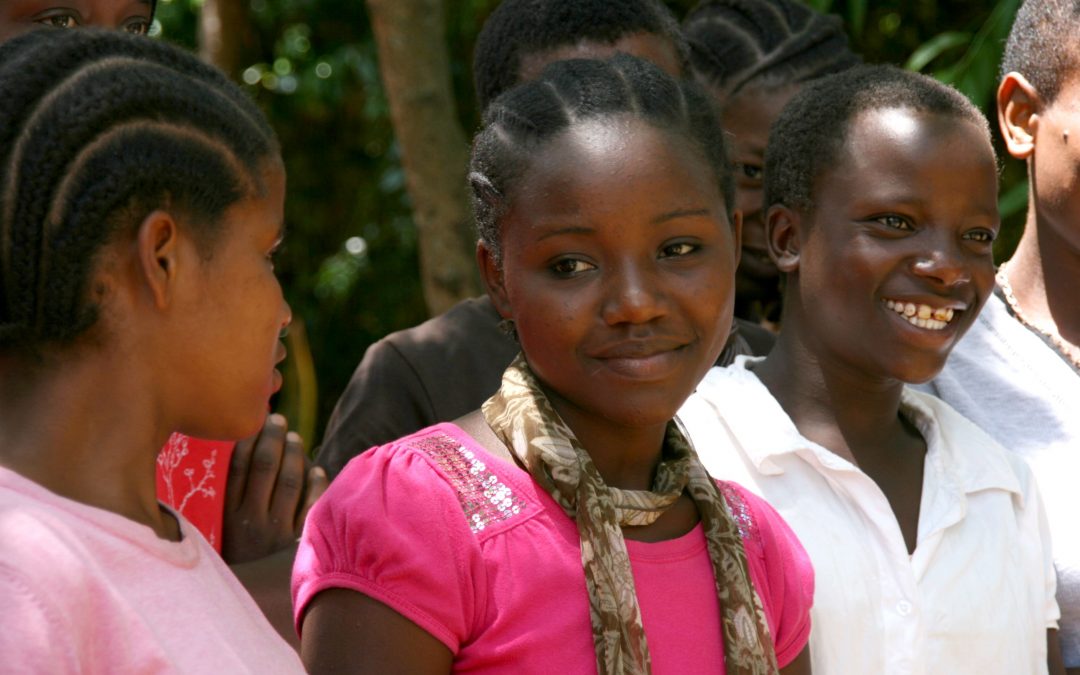
Time is ticking, fast, particularly for very young adolescents aged 10-14 years old. This is a stage in life that is characterised by rapid physical changes, such as the onset of puberty. It also includes very dynamic social and emotional situations that include first-time intimate and sexual experiences for some, as found in a recent study conducted by the Guttmacher Institute. Because of this quickly evolving period in life, it is crucial that young adolescents have the chance to build a solid and well informed foundation regarding their sexual and reproductive health needs. Currently, we are in the midst of the largest generation of young people in history, and ensuring that they have full and universal access to their sexual and reproductive health rights (SRHR) is vital if they are to achieve their full potential.
Evidence of this need can be seen in the latest Guttmacher Institute report. It found that in 2016, over 3/4 of a million births in low- and middle-income countries were from girls under the age of 15, and more than 1/2 of these were in Africa. It’s true, the overwhelming majority of very young adolescents around the world are living in low- and middle-income regions. This only further emphasises the need to ensure their access to quality SRH services and information, ultimately empowering them to lead healthy and self-determined lives.
Stacked Odds
While past evidence has found that various institutional, cultural and legal barriers are to blame for older adolescent’s lack of access to SRH services and care, the report makes the fair and valid presumption that barriers are even greater for the very young. This is compounded by the fact that many young participants of the study reported that their first sexual intercourse experiences were a result of coercion or violence, as opposed to choice. In addition, a related factor that cannot be ignored is the ongoing catastrophe of the practice of child and enforced marriages worldwide, which disproportionately affects girls. The combination of these preventable risk factors stack the odds against very young adolescents even higher. This stresses the urgent need for their improved access and support for SRH services, and improvements in programs that address gender based violence and promote equitable gender norms. When girls win, we all win.
A Way Forward
Data regarding the extent of access to SRH services, as well as the reach and quality of comprehensive sexuality education (CSE) for young students was reported by the Guttmacher Institute as being very limited to non-existent. They viewed primary schools as invaluable environments for fostering CSE for very young adolescents, which is especially so because the information and support may be able to reach them before or at the onset of sexual activities. Policymakers and program planners must prioritize the filling of these and other research gaps. This fosters evidence base interventions that can effectively address the needs and actual experiences of 10-14 year olds in low- and middle-income countries. Recommendations have been made towards the provisions of youth friendly SRH services, keeping young adolescents in school, improved implementation of national CSE curricula and policies, and enhancing programs that foster and address equitable gender norms and child marriages, especially for girls.
It is the sum of all the parts combined that are needed to move forward. The UNFPA has noted that past measures in many countries have focused on changing the behaviours of girls and have failed to address all of the other aforementioned underlying determinates. They acknowledge and advocate for a broad-based approach which corroborates with researchers recommendations made above. Gender equality and the fulfilment of SRHR are also central to the agenda of the Sustainable Development Goals (SDGs), and the Goals cannot be fully achieved without them. Ultimately, this will have long lasting positive outcomes for young adolescents by building their human capital and focusing on their agency, so they can make well informed decisions about their health and sexual lives. Wouldn’t you want this for your children too?
Read more about DSW’s work on SRHR.

